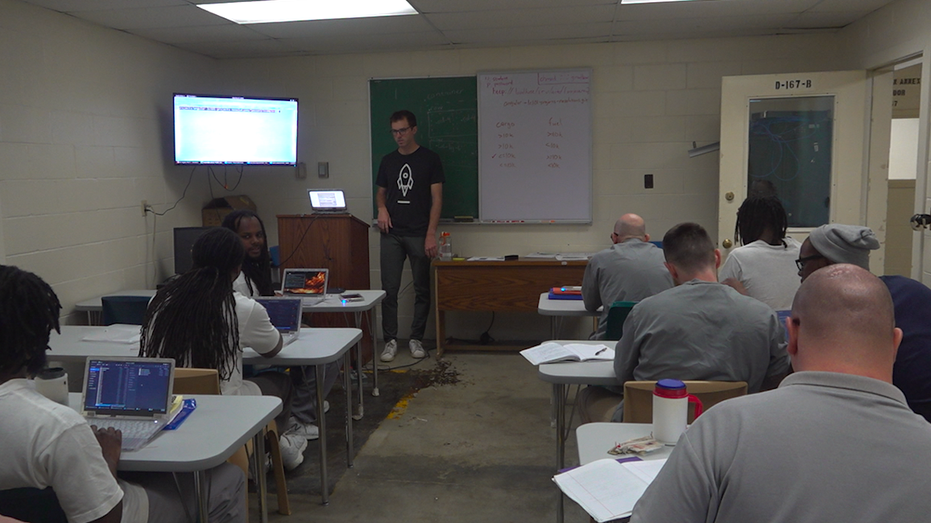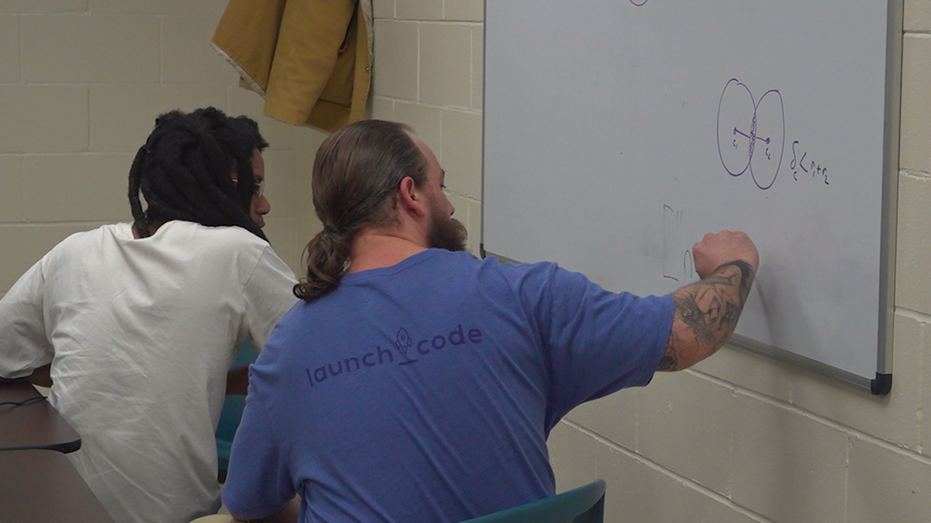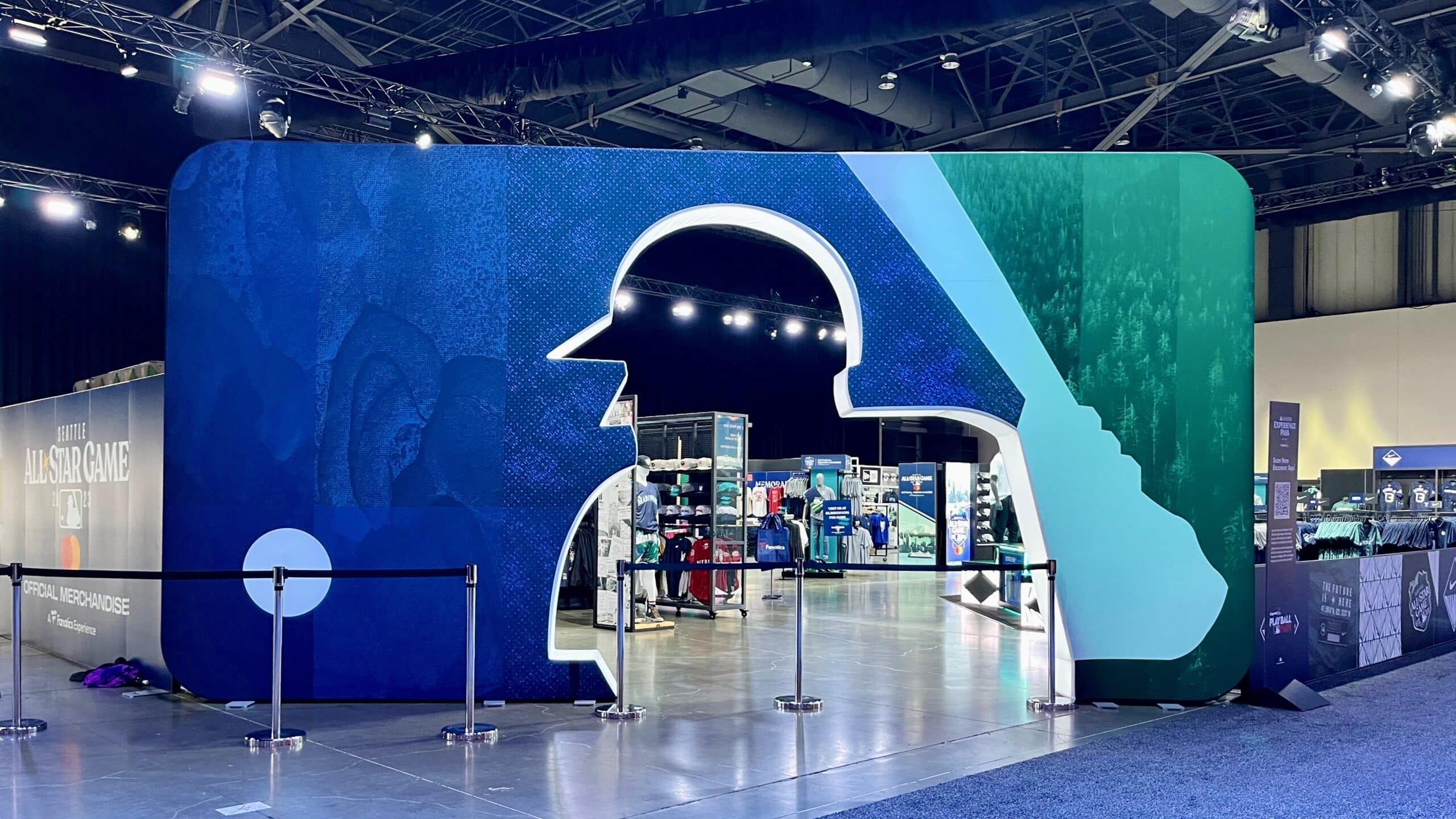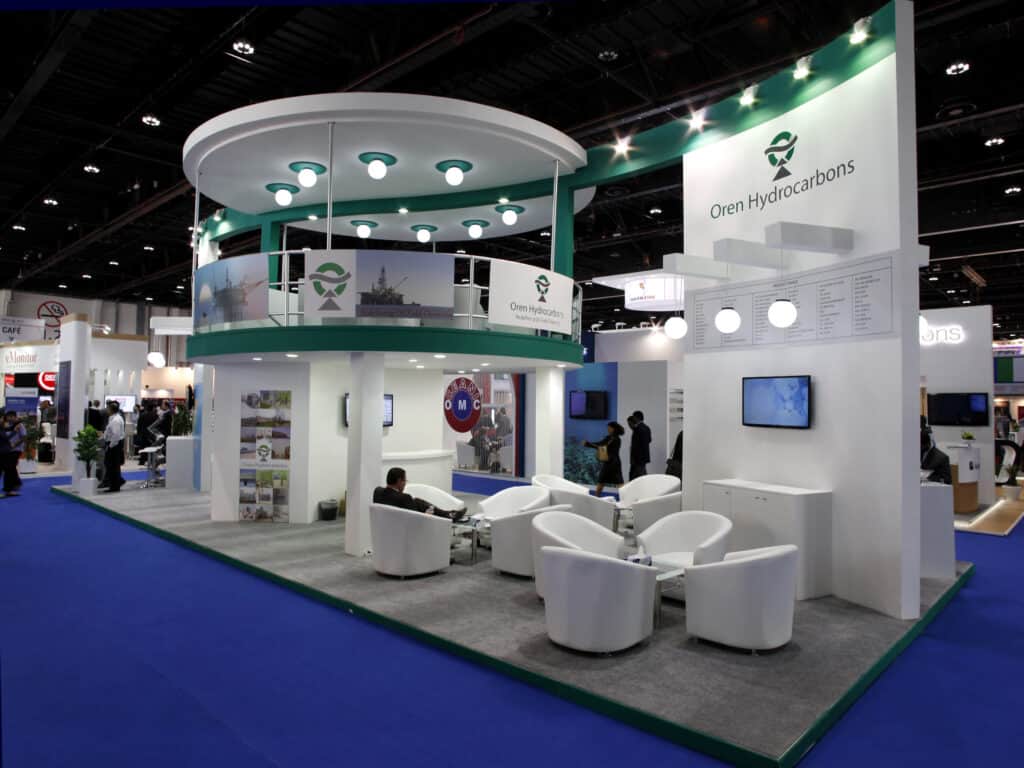[ad_1]
Prison educational programs can drastically help break the cycle of people returning to prison once they’re released
As the world advances and companies modernize, the need for tech workers has grown tremendously, and the pandemic put that need on hyperdrive. A prison in Missouri is looking to fill that gap by training inmates in computer programming so that they can enter the tech workforce after their release.
EXPECT ‘HEALTHY’ TECH GROWTH WHEN SUPPLY CHAINS EASE: EXPERT
Prison educational programs can drastically help break the cycle of people returning to prison once they’re released. The tech nonprofit that provides this training, LaunchCode, wants to give these inmates at the Missouri Eastern Correctional Center a productive skill so that they have a better chance to succeed.

The barb wire fences surround the Missouri Easter Correctional Center
“I’ve heard it said that the people who come from the toughest place oftentimes make the toughest and best coders because they’ve been through so much, and we see that through these learners,” said LaunchCode’s executive director Jeff Mazur.
“We need tech workers so badly for the United States to grow, for our economy to grow, for our companies to grow,” said the Technology Councils of North America or TECNA CEO Jennifer Grundy Young.
Young says nearly every company needs tech workers now, and the pandemic only raised demand.
“Everybody retired to their home, and the way they communicated to the world was through technology, and so the technology workforce has just been amplified,” said Young.
Young says the U.S. Department of Commerce expects 1.3 million net new tech job growth by 2025.
At the Missouri Easter Correctional Center, inmates can learn full stack web development and coding through LaunchCode’s “JusTech” program, with the idea that they can build skills to work in the tech industry after their release.
US ROBOT ORDERS SURGE 40% AS LABOR SHORTAGES, INFLATION PERSIST
“It’s incredibly inspiring to see a group of individuals that, kind of against all odds and without the internet, have taken on the challenge of learning to code and succeeded,” said LaunchCode’s vice president of justice programs Haley Shoaf.

LaunchCode trains prison inmates to computer code and build websites.
“Anyone, regardless of what their background is, should have that chance to get a skill that gives them a productive career in technology,” said Mazur.
David Thiele has been in custody for six years for multiple charges, including domestic assault.
“This is probably the best thing that this camp has to offer by far, so I figured I would go ahead and take advantage of that,” said Thiele.
His father and sister were in computer programming, and he says technology has always interested him.
“The opportunities are endless. The tech industry is huge, so I can pretty much do whatever I want as long as someone will put me on board,” said Thiele.
Thiele graduated the program and is continuing to learn more as he prepares for his release in a year.
“This opens a whole other door of something I thought I’d never be able to do. I probably wouldn’t have even done it on the streets, but just the fact that I did it in prison is amazing,” said Thiele.
While Young says this program is encouraging, the need for tech workers is huge and will continue to grow, so the shortage likely won’t go away anytime soon.

BIG TECH, INNOVATIVE COMPANIES WILL MOVE MARKETS ‘HIGHER’: EXPERT
“We know that working with this universe of folks is not going to fill this huge gap that exists in the tech workforce. We have to work with tens of thousands of people who come from all walks of life in order to achieve that goal of building this workforce. But, we think the story of those who are incarcerated is in many ways the same as other people in the public. They’re just people who really want to do this and haven’t had the opportunity through the traditional means to do that up until now, and LaunchCode wants to be the organization that can provide them that opportunity,” said Mazur.
A total of 47 people have graduated from the tech program so far. The program actually expanded to a second prison in Missouri and hopes to expand to a women’s institution by next year.
[ad_2]
Source link






